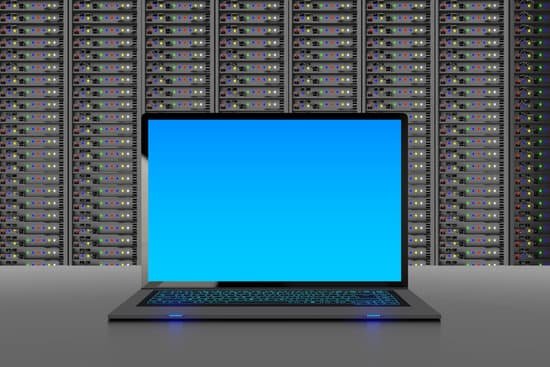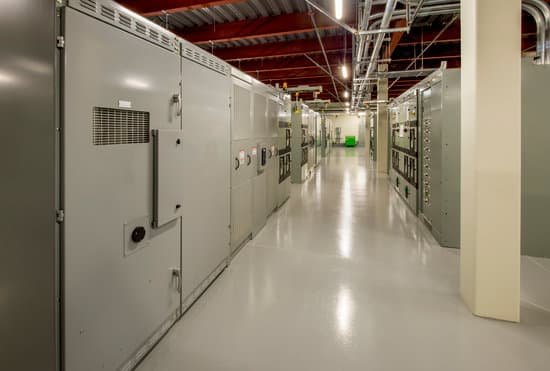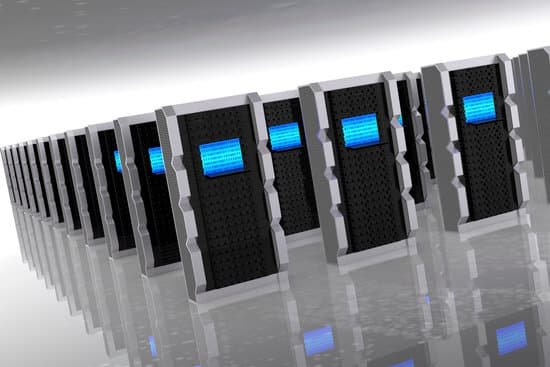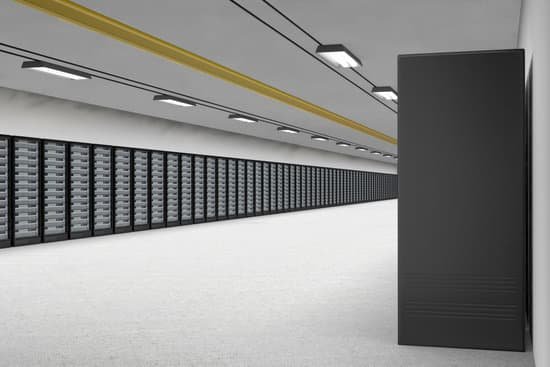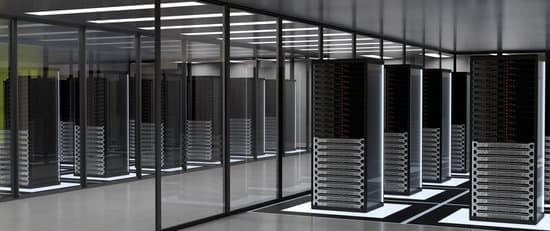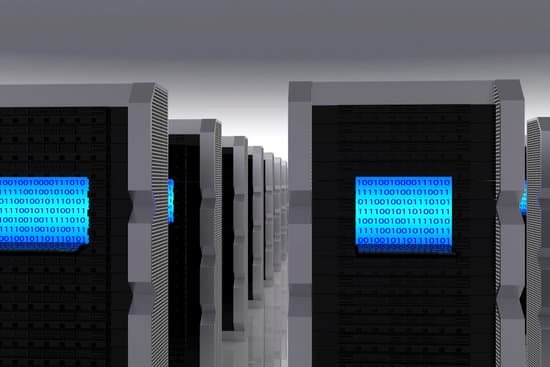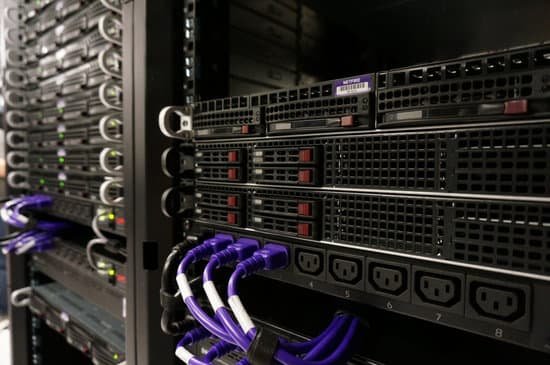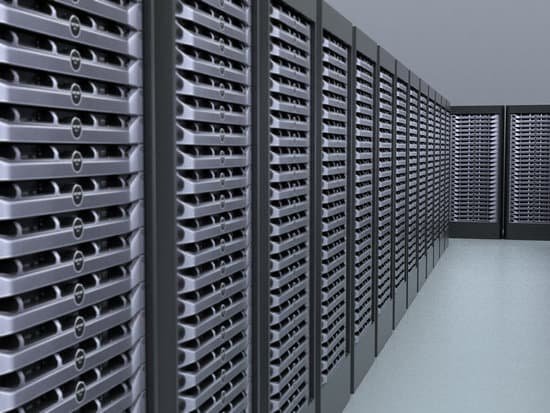How much does IT cost to host a data center?
How much does IT cost to host a data center? The short answer to your question is that it costs about $1000 a square foot to build your own data center. That’s not taking into account that it can often cost in excess of $10,000 per mile that it takes to have fiber installed to reach your location.
